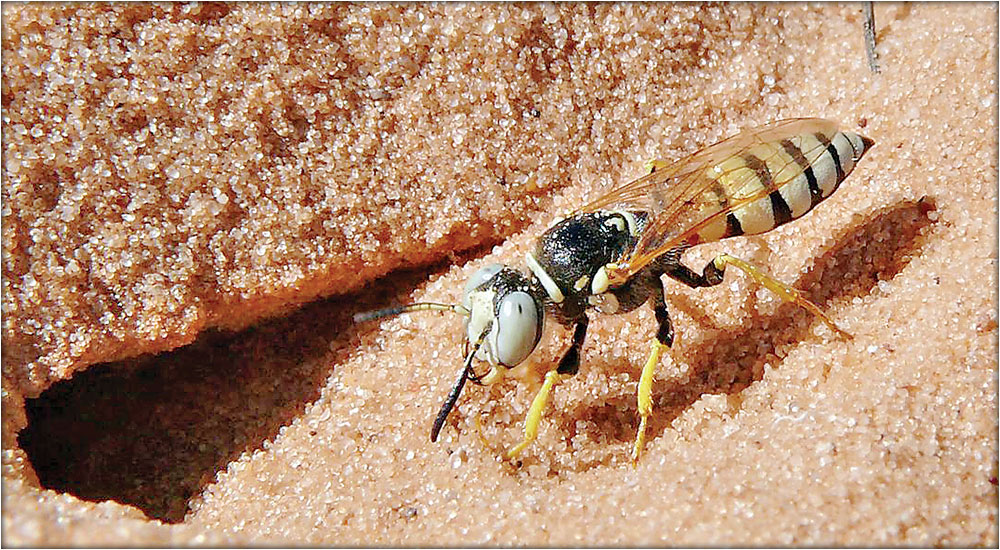GOLDEN RETRIEVER, AN INSTAGRAM STAR, EARNS? 8 CRORE A YEAR
- 30 Mar - 05 Apr, 2024

According to a recent research study conducted by a team of German scientists, beewolves have been living symbiotically with antibiotics. The discovery of penicillin was made in 1928 by Alexander Fleming, but it seems a species of insect beat the pharmacologist by 68 million years. The study shows how several insects can jointly work with symbiotic bacteria to produce an antibiotic cocktail, effectively immunising them against harmful infections. A beewolf is not a bee or a wolf; it is a species of solitary digger wasp which takes paralysed bees to its underground nest to feed its young. The larvae of the beewolves, when hatched, feed on the bees and hibernate into the nest dug deep into the ground. Symbiotically, wasps breed the bacteria in their antennae and then rub the bacteria over the walls of the brood cells, where the larvae develops.
COMMENTS